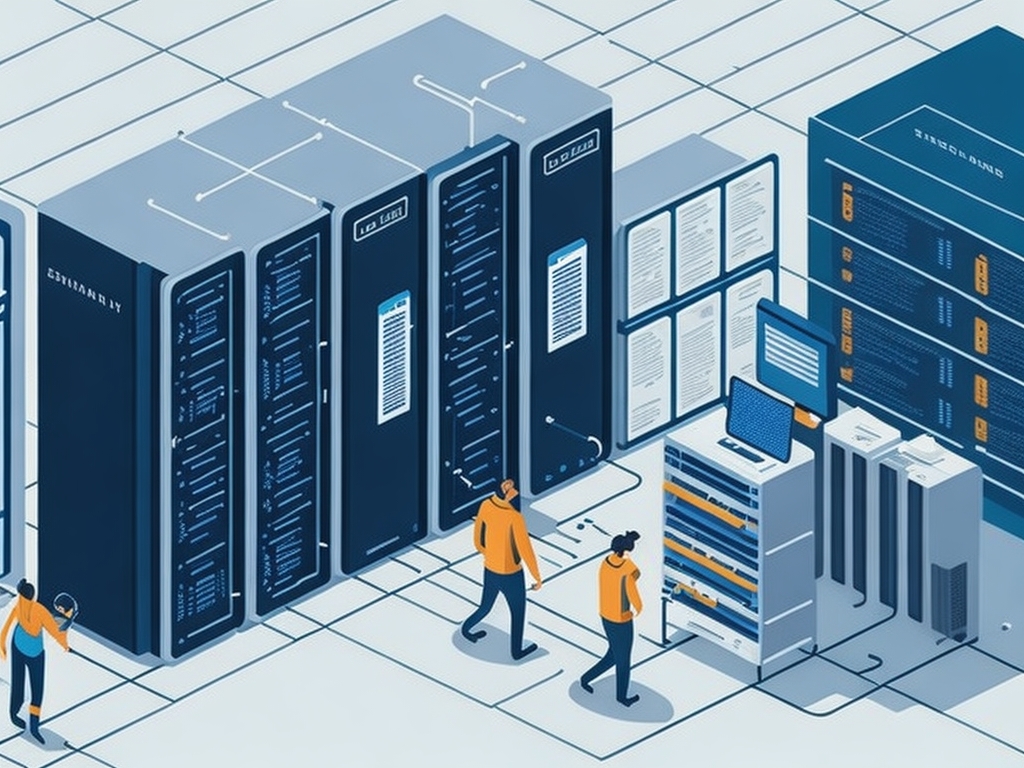
Using External Data Centers - Essential Primer
Growing and expanding businesses need scalable IT infrastructure to support their growing digital needs. Many organizations are turning to external data centers to address the growing demands.
What is an external data center and how does it benefit your organization? In this blog post, we will provide a primer on the essentials of using external data centers. We will also look at what they are, what benefits they offer, and what factors to consider while choosing an external data center.
Organizations can rent IT infrastructure, such as servers, storage, and networking equipment, from an external data center, also known as a colocation data center. These third-party facilities are designed to meet the needs of customers who require large amounts of data storage and management but lack the necessary resources or expertise to do so internally.
Let’s first look at the benefits offered by external data centers.
One of the main benefits of using an external data center is cost savings. By renting space in an external data center, organizations can avoid the high costs associated with building and maintaining their own data center facilities. External data centers also offer a high level of reliability and uptime, with redundant power and cooling systems, and 24/7 security and monitoring. This can help ensure that your data and applications are always available, even in the event of a disaster or other interruption.
Another benefit of external data centers is scalability. As your organization grows, you can easily scale your infrastructure to meet your increasing needs. This can be done by adding more servers or storage, or by upgrading to higher-performance equipment. External data centers also offer a high level of security, with physical and digital security measures in place to protect your data and equipment.
Finally, external data centers provide reliable technical support for critical issues such as disaster recovery, troubleshooting, operation and maintenance, thanks to their highly experienced and knowledgeable staff. With their expertise, these data centers can help ensure your business continuity and success.
Now that we are aware of the advantages of an external data center, let's look at the factors to consider when selecting the right data center for your business needs.
Location is one of the most critical factors when choosing a data center. You'll want to select a data center that is geographically close to your organization to reduce latency and maximize data transfer speed.
Additionally, it's important to consider the provider's track record and customer support, as well as their reputation. Doing your due diligence on these factors will ensure that your data center is reliable, secure, and has the technical support you need.
Another important factor to consider when selecting a provider is the level of customization and flexibility they offer. While some providers offer pre-configured solutions, others provide more flexibility to customize your infrastructure to fit your organization's specific requirements. When selecting a provider, it's important to choose one that offers the degree of customization and flexibility your organization needs to ensure a successful implementation.
When selecting an external data center provider, it's critical to ensure that the provider has strong compliance and security standards in place. Make sure that they are compliant with relevant industry standards and regulations, such as HIPAA, SOC 2, and ISO 27001, and that they have robust security measures to protect your data and equipment. Additionally, ask the provider about their processes for monitoring and responding to data breaches or other security incidents. This will help you make an informed decision and ensure that your data is secure.
In conclusion, external data centers can provide a cost-effective, reliable, and scalable solution for organizations that need to store and manage large amounts of data. They offer a wide range of benefits, including cost savings, reliability, and scalability, but it's important to choose a provider that meets your organization's specific needs and can provide the level of security and compliance that you require. It's essential to consider the location, reputation, customer support, customization and flexibility, and compliance and security standards when choosing an external data center provider.